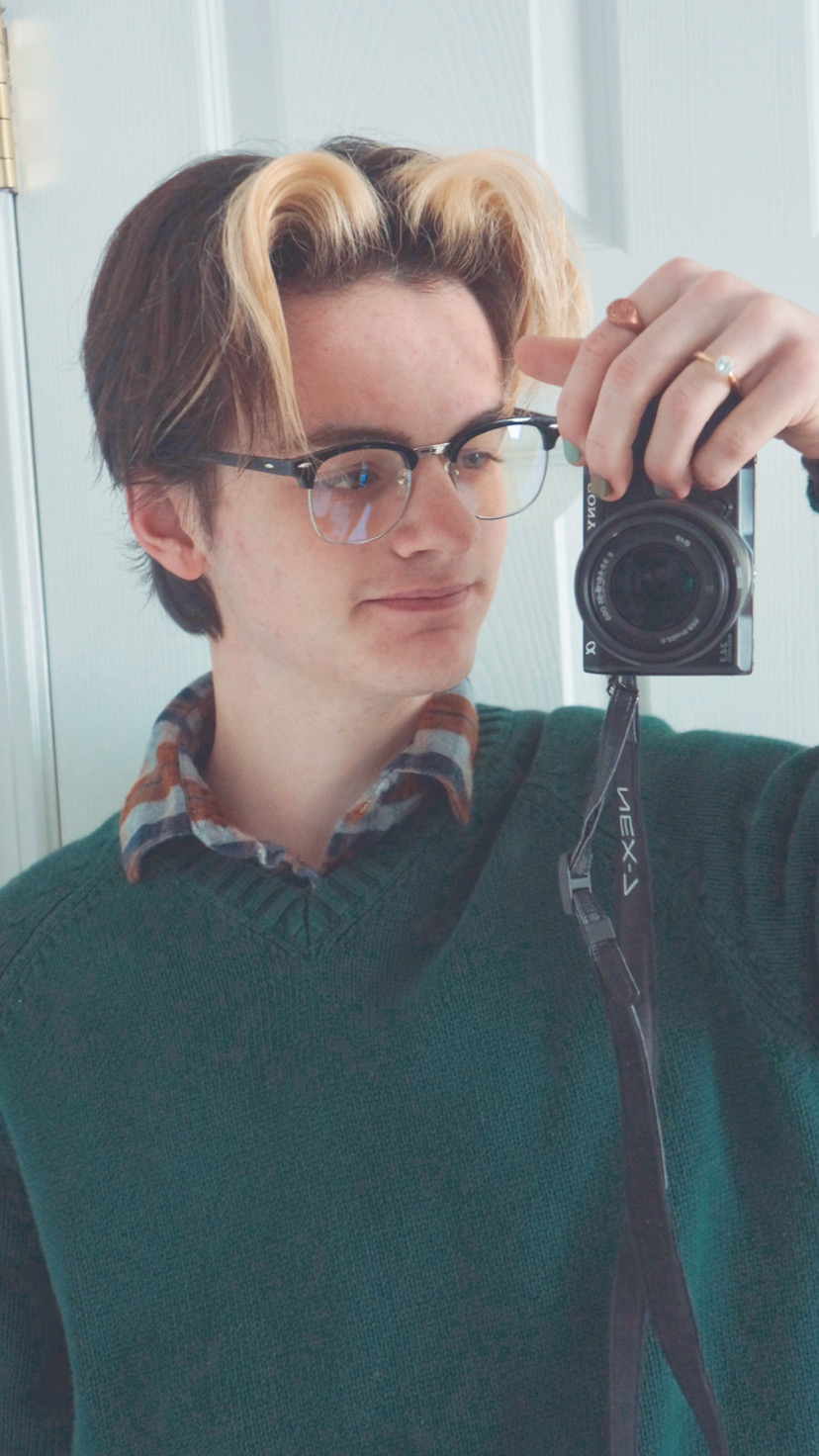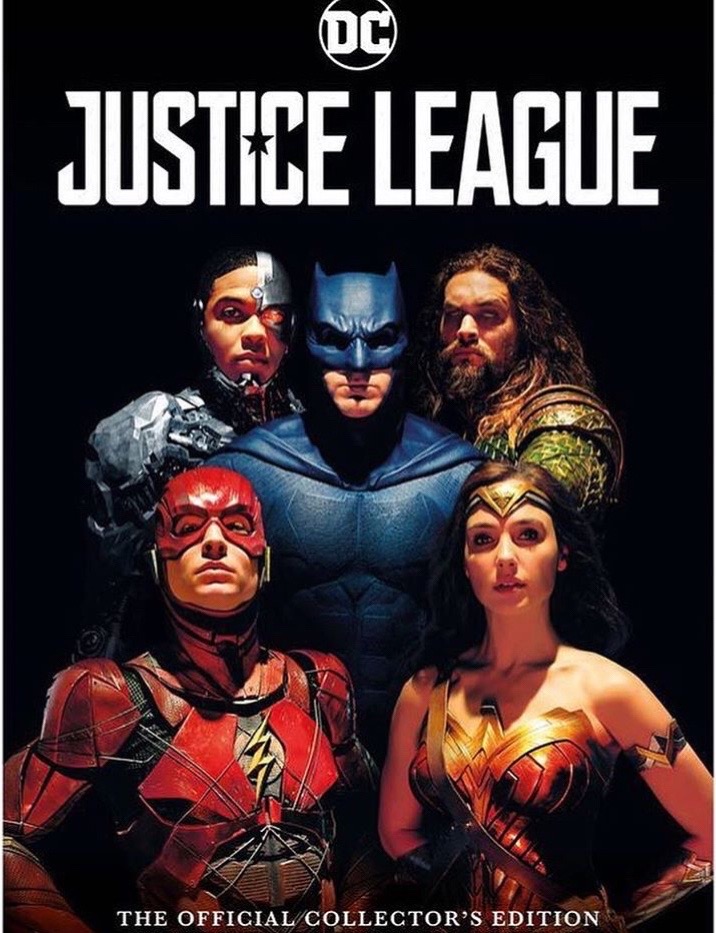November 17, 2019, marked the two-year anniversary of the American release of DC’s Justice League movie. Directed by Zack Snyder and starring Ben Affleck, Henry Cavill, and Gal Gadot, the movie was the highly anticipated follow-up to 2016’s Batman v. Superman and 2017’s Wonder Woman. Despite its hype as both a DC movie and a superhero team-up, Justice League was a critical and box office failure– for numerous reasons. Unlike most box office bombs, however, Justice League’s aftermath made it one of the most controversial comic-book movies ever.
As one of the biggest names in the comic book movie industry, Zack Snyder has an impressive resume. The film 300 became the third highest R-rated movie of all time, and 2009’s Watchmen is celebrated as one of the best superhero movies of the decade. After several non-comic projects, the acclaimed director signed on to direct the 2013 Superman reboot, Man of Steel. The film, which starred Henry Cavill as the iconic hero, kicked off DC’s cinematic universe and launched Snyder to stardom, if he wasn’t there already. 2016’s Batman v. Superman was highly anticipated and was well received by fans, but a box office flop considering the hype. Then comes Justice League.
Pre-Justice League
Warner Bros., which had produced all of DC’s movies so far, knew early on they wanted a Justice League movie. They needed a movie that could live up to BvS, but also compete with Marvel’s massive cinematic universe. The choice of director was easy– Snyder signed on soon after BvS— and everything was going smoothly for a while until March 2017. Tragedy soon struck the Snyder family, though, with the devastating suicide of their daughter, who was attending college at the time. If Justice League’s failures can be traced back to any one event, it’s this.
A two-week break from filming was immediately put in place in the wake of the tragic death. Zack and his wife, Deborah Snyder– a producer on the film– soon made the difficult decision to step down from filming. Both Snyders were disappointed, but knew it was the best choice to support their other children.
The best part of this? No backlash whatsoever. The comic book community can be a harsh one, as can the film community, but everyone was in full support of the Snyder family in the wake of their loss. The internet was united.
The event was tragic, but there was still a movie to think about. Once the Snyder family had recovered enough to turn their attention to the movie at least a little, they were faced with a choice– now that the movie had no director, where did they go from here? At this point, the movie was almost finished, but movies often go through reshoots, where different scenes are filmed to help make the movie better, and those had yet to happen for the film. Snyder decided to hire Joss Whedon to direct the reshoots. Whedon is an acclaimed director in his own right, having directed Marvel’s Avengers and Avengers: Age of Ultron; both were ensemble films of the same genre as Justice League. Snyder clearly believed Whedon could carry out his vision for the film.
The first problem that pops up wasn’t even with the director, however– it was with the actors. Because of the break taken from filming, Henry Cavill had moved on to another project, Christopher McQuarrie’s Mission Impossible: Fallout. The Superman actor could shoot both at the same time, but the real problem arises in the strangest place: his mustache. Cavill’s character in Fallout has a mustache, but Superman… doesn’t. You can’t just randomly have a mustache on the star of the movie, so Warner Bros. did what every big studio does when there’s a problem in a superhero movie– CGI it.
The second problem comes with Joss Whedon’s own vision for the movie. Whedon’s previous filmography has a very different tone from Snyder’s dark and gritty DC universe, and the difference is noticeable in the reshoots. When the film releases, all hell breaks loose.
Post- Justice League
Initials reactions to Justice League are, to say the least, bad. Rotten Tomatoes gives it a 40% score, and IMDb gives it a 6.4/10– both bad scores, comparatively. The internet is divided in support of the film. Soon after, though, rumors of a so-called “Snyder Cut” emerges.
The Snyder Cut isn’t even confirmed to exist. According to fans, the director filmed enough scenes to put together a full cut of the movie, a movie with only Snyder’s vision. Zack Snyder himself has commented only a few times, never truly confirming its existence, but consistently shares images on Vero, a social media app. The images are often cryptic, behind-the-scenes captures of actors or scenes that weren’t in the final film. They’re meant to hype fans, but often serve as a disappointing reminder that the movie fans want hasn’t been released yet.
It’s unsure of the director’s cut of Justice League will ever be released. Putting a director’s cut in theaters doesn’t happen often, and there are always complications with movie rights and studios. Nevertheless, fans still push for the Snyder Cut’s release.
The Movement
Snyder’s fanbase– and in turn, DC’s– is nothing if not loyal. Support for the Snyder Cut has not wavered since the rumors started; if anything, it’s gotten stronger. Zack Snyder’s fans are passionate, and while it might seem silly to make such a big fuss over a movie, they’re not entirely toxic. Partnered with the American Foundation for Suicide Prevention, the fanbase has raised over $110,000 for suicide awareness and prevention so far. All the money raised has been in support of the Snyder Cut and in memoriam of the Snyder family’s daughter.
Often, online movements can be annoying; that of Spider-Man’s fanbase after the split between Sony and Disney, for example. But it takes things like the Snyder Cut for us to realize that no matter how annoying they can be, some movements are necessary. Something as trivial as a superhero movie turned into a suicide prevention coalition trying to make a difference. Justice League is also a great example of the power movies have over us nowadays– extremely divisive at times (see 2018’s Venom) but often unifying in the effect they have on viewers (somehow, also Venom). Movies are very powerful things, and despite the quality of the movie itself, Justice League is no different.

Hi! My name is Brendan Shore and I am a staff writer for The Mycenaean. I am an avid photographer and rock climber!

Leave a Reply